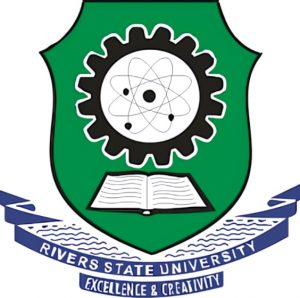The duties and responsibilities of the unit are tied to why we award degrees to our graduands which are learning and character-building. Therefore, the primary duties and responsibilities of the unit are training of our graduands in deep, sound knowledge and skills in animal production geared towards making them solvers of the problem militating against increased animal production in the wider world. In doing this, the unit strictly follows the prescribed rules, regulations and procedures outlined by the University Management in achieving them.
Furthermore, the unit is also responsible in instilling in our graduands discipline as to enable them to become models to others to emulate in terms of positive character developments, thereby making them good leaders for tomorrow. Some of the areas these character-moulding principles are imparted in graduands include but limited to:
- Punctuality – coming early to class for lectures as to replicate it outside school environment.
- Sincerity – that is, telling the truth at all times.
- Avoid cheating – incuding during examinations.
- Being respectful – to others
- Being conscious – of things and comments they make, ensuring that you do not by your comments or acts destroy others. They may become your helpers tomorrow.
Therefore, in the overall, the unit ensures that we award our degrees due to learning and character.

